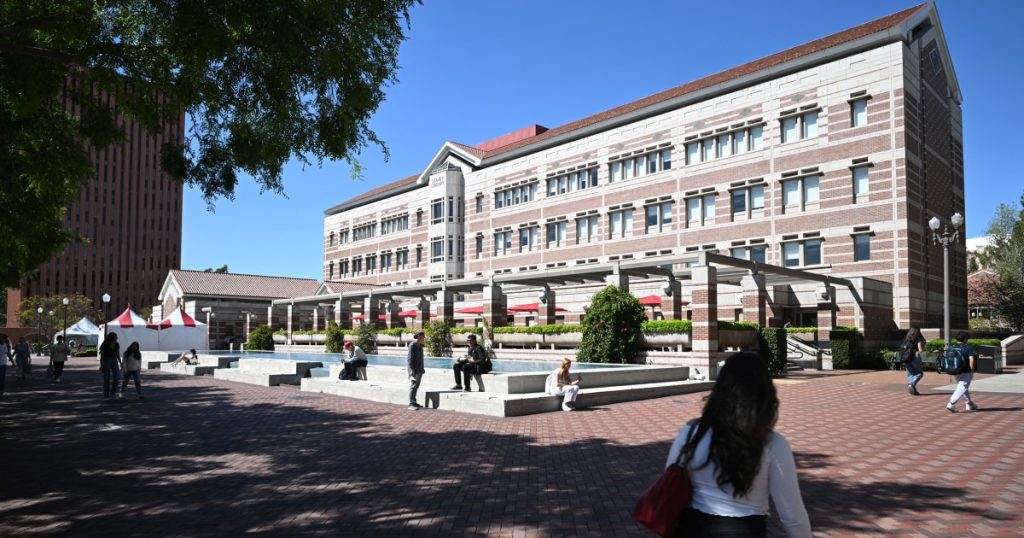The University of Southern California recently faced controversy when Muslim student Asna Tabassum’s valedictorian speech was canceled due to security concerns related to ongoing conflict in the Middle East. This decision disappointed some students who saw Tabassum’s selection as valedictorian as a symbol of representation and hope for the future. Some believed that the university’s security concerns were actually a pretext, and that they could have protected her if they chose to do so. The cancellation came after complaints from pro-Israel and Jewish groups about Tabassum’s social media posts, which they deemed antisemitic.
The situation at USC is part of a larger trend of rising tensions on college campuses amid the Israel-Hamas conflict. Similar incidents have occurred at other universities across the country, including confrontations between pro-Palestinian and pro-Israel groups and student protests and occupancies. At USC, the controversy surrounding Tabassum’s valedictorian status has exacerbated these tensions, leading to heated exchanges on social media among students with differing views. Tabassum, who majored in biomedical engineering with a minor in resistance to genocide, has been described as a mentor and role model by fellow students.
Supporters of Tabassum believe that the university’s decision reflects thinly veiled racism, rather than genuine security concerns. They are critical of the administration’s handling of the situation and the failure to appropriately vet Tabassum’s social media posts before her selection as valedictorian. The cancellation of her speech has sparked discussions about free speech, inclusivity, and the role of universities in addressing controversial issues and protecting students’ rights. Some students feel that the university’s decision was a missed opportunity to support and uplift a diverse voice within the student body.
The incident at USC highlights the complex challenges of navigating political and social issues on college campuses, where diverse perspectives and voices often collide. Students are grappling with issues of representation, accountability, and freedom of expression, while also contending with external pressures and conflicts that spill over into campus life. The situation has raised questions about how universities can balance the need for safety and security with the principles of academic freedom and inclusivity, particularly when faced with contentious and divisive issues.
Moving forward, the USC community may need to engage in dialogue and reflection to address the aftermath of this incident and work towards fostering a more inclusive and supportive campus environment. The controversy surrounding Tabassum’s valedictorian speech has exposed underlying tensions within the student body and highlighted the importance of creating spaces for respectful and constructive conversations around sensitive topics. By learning from this experience and actively promoting diversity, tolerance, and understanding, USC can strive to uphold its commitment to creating a welcoming and inclusive campus for all students.


